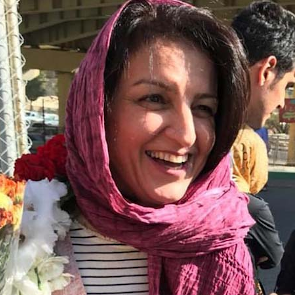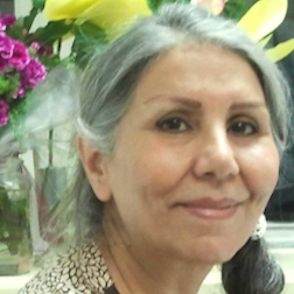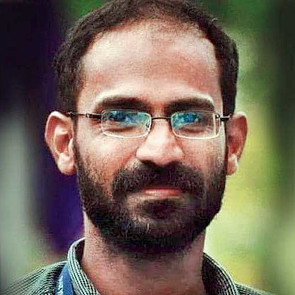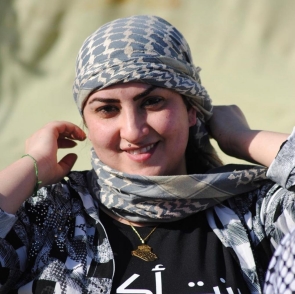
#свобода вероисповедания
#свобода вероисповедания
The right to freedom of religion is addressed by numerous international and regional conventions. Religious minorities, in particular, face many obstacles in pursuit of this right in many countries.
Human rights defenders working to protect the freedom of religion, and associated rights of worship and belief, often also address issues of minority or indigenous rights.
In many countries, human rights defenders are also targeted for fighting against blasphemy laws used against believers of other religions or secularists.
Article 18 of the International Covenant on Civil and Political Rights, which entered into force on 23 March 1976, states:
1. Everyone shall have the right to freedom of thought, conscience and religion. This right shall include freedom to have or to adopt a religion or belief of his choice, and freedom, either individually or in community with others and in public or private, to manifest his religion or belief in worship, observance, practice and teaching.
2. No one shall be subject to coercion which would impair his freedom to have or to adopt a religion or belief of his choice.
3. Freedom to manifest one's religion or beliefs may be subject only to such limitations as are prescribed by law and are necessary to protect public safety, order, health, or morals or the fundamental rights and freedoms of others.
4. The States Parties to the present Covenant undertake to have respect for the liberty of parents and, when applicable, legal guardians to ensure the religious and moral education of their children in conformity with their own convictions.







